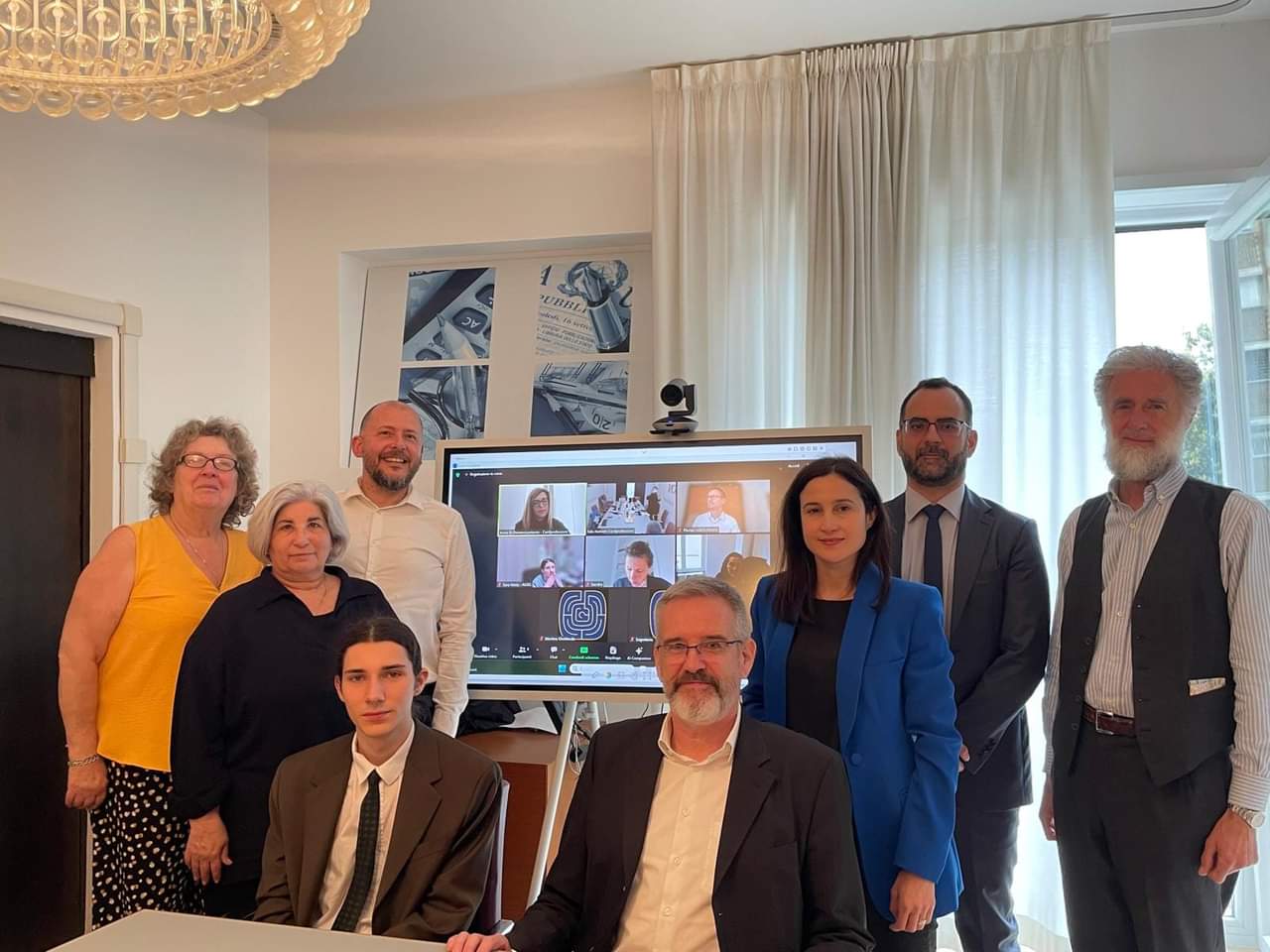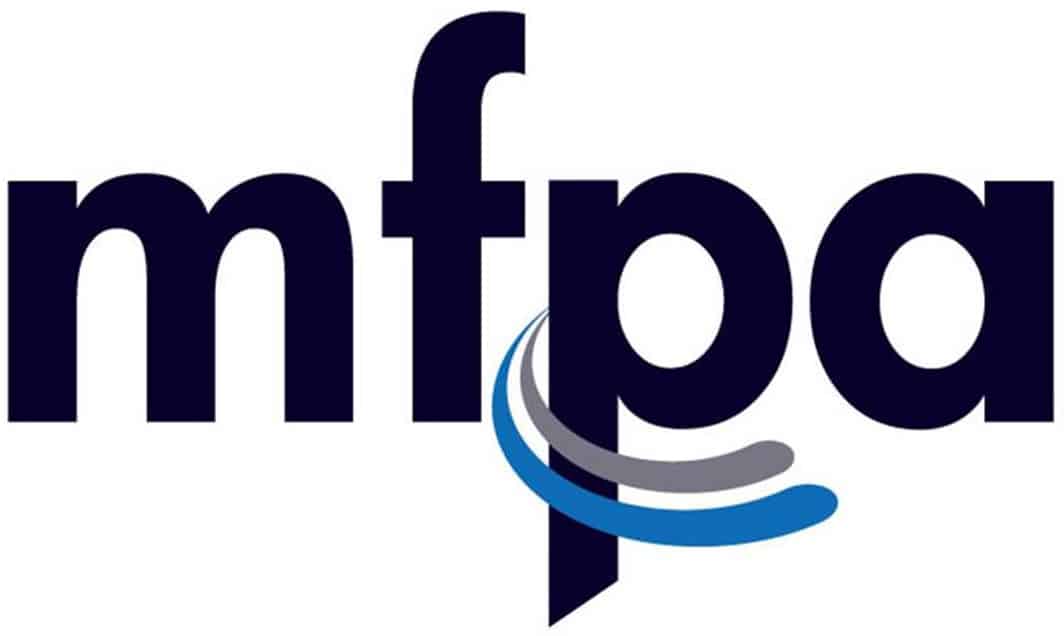
SD4EU – SOCIAL DIALOGUE FOR A UNION OF EQUALITY
Project Summary
The SD4EU (Social Dialogue for a Union of Equality) project is funded by the European Commission under the Call for proposals “Support for Social Dialogue” (SOCPL-2023-SOC-DIALOG).
The primary goal of the project is to contribute to the promotion of social dialogue, which aligns with the key objective of the call for proposals. This will be achieved by strengthening the capacity of national social partners and reinvigorating social dialogue through a new, more gender-sensitive approach. By doing so, the project enhances the effectiveness of social dialogue initiatives in addressing specific and debatable labour issues (equal pay, social protection and work-life balance). The project recognises social dialogue as a powerful tool for innovation and change, in this case in the realm of gender equality. It firmly believes that social partners can significantly contribute to advancing this cause, given their pivotal role within the labour market.
In practical terms, to reach these objectives, the project outlines two core activities that are complementary and interconnected. On the one side, transnational seminars will improve the skills of social partners, enabling them to engage more effectively in industrial relations processes. On the other, the consortium will lay the groundwork for and develop consensus on gender-sensitive practices, which social partners should adopt across all aspects of their work.
Before embarking on these core activities, the project will conduct preparatory research. This research will serve as a solid foundation for subsequent tasks and pave the way for a new social dialogue on gender equality. The research objectives are: identifying the meaning and approach to gender equality as adopted in EU public policies and law; analysing the implications of EU law on gender equality and on approach to gender across three selected topics; strengthening the role of social partners in addressing gender inequalities.
The project’s choice to tackle the challenge of gender equality aligns with the Political Guidelines presented by Ursula von der Leyen in “A Union that strives for more – My agenda for Europe”, in the European Pillar of Social Rights and the follow-up European Pillar of Social Rights Action Plan, in the Porto Social Commitment and the Porto Declaration.
Expected Project Results
- Report on the concept of gender equality in EU policies and law
- Report on the EU approach on gender politics in selected topics
- Report on the role of social dialogue for a Union of equality
- Recommendations for a stronger social dialogue for a Union of equality
- Guidelines on the methods for gender mainstreaming for national social partners
- Roadmap towards a Union of equality
List of Participants
The project consortium is led by Confprofessioni, the Italian Confederation of Liberal Professions – a second-level employers’ association representing liberal professionals and recognised by the Italian government. The consortium comprises the following entities: European Council of the Liberal Professions (CEPLIS), from Belgium; Malta Federation of Professional Associations (MFPA); National Union of Liberal and Intellectual Professions of Belgium (UNPLIB); EQUAL Ireland Education Research and Related Services Co. Ltd; Italian Union of Workers in Tourism, Trade, and Services (UILTuCS), a national trade union. Additionally, the following organisations participate in the project as associated entities: French Union of Liberal Professions (UNAPL), University of Rome Tor Vergata; Eurocadres, the Council of European Professional and Managerial Staff.
Coordinator Contact Details
Confprofessioni
Viale Pasteur, 65 – 00144 Rome, IT
(+39) 06 542 20278
“Funded by the European Union. Views and opinions expressed are however those of the author(s) only and do not necessarily reflect those of the European Union or European Commission. Neither the European Union nor the granting authority can be held responsible for them





